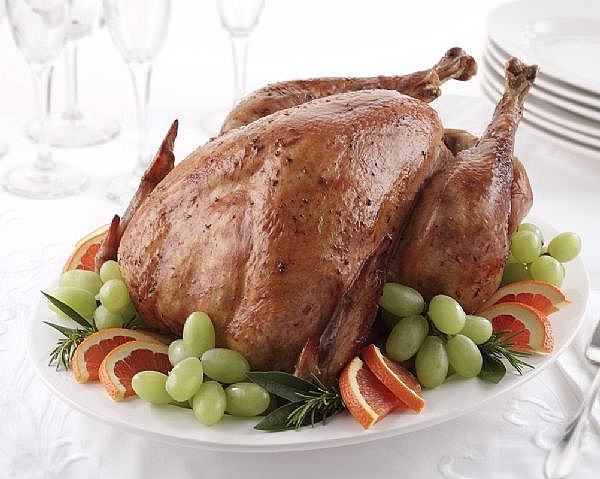
Some pertinent (and impertinent) references to the theme and occasion of Thanksgiving.
“The Concept of Sacrifice” (Northrop Frye’s Student Essays, CW 3).
There are many motives in primitive sacrifice: communion, propitiation, bribery, feeding of the god, establishment of a blood bond, reinforcing the efficacy of a curse, obtaining of an oracle, transferring of a disease to an animal, preserving a newly built house, and so on: but all of these fall under the two fundamental categories of communion and gift, or an application of either idea. Probably sacrifice starts simply with man’s fondness for company and for a feast, the feast being the only occasion on which the idea of group cohesion becomes evident, through relaxation of activity. Refreshments are the mainstay of social activity, as such, in any level of civilization, and there is no reason to suppose that primitives at the very beginning of conscious life had any loftier spiritual attitude than, say, we evidence toward Thanksgiving. Even when the idea evolves of the critically important ritual feast with overtones of a larger significance, the meal is retained. It does not occur to the primitive that the god does not necessarily eat or drink. He leaves food for the god, who eats it up in the form of a jackal, vulture, or hyena.
Bible lecture no. 12, “The Question of Primogeniture” (Northop Frye’s Notebooks and Lectures on the Bible and Other Religious Texts, CW 13).
In the New Testament, if you look at the beginning at the Gospel of Luke, you find again the story that I referred to about the birth of John the Baptist, which picks up and repeats the theme of late birth. The birth of Jesus is not said to be a late birth of the same kind, but again a triumphant hymn of thanksgiving is ascribed to the Virgin Mary at the time of the birth of Christ, the hymn which we know as the Magnificat [1:46–55]. The Magnificat has obviously been influenced by, if not modelled on, the Song of Hannah, and repeats this theme of social overturn.